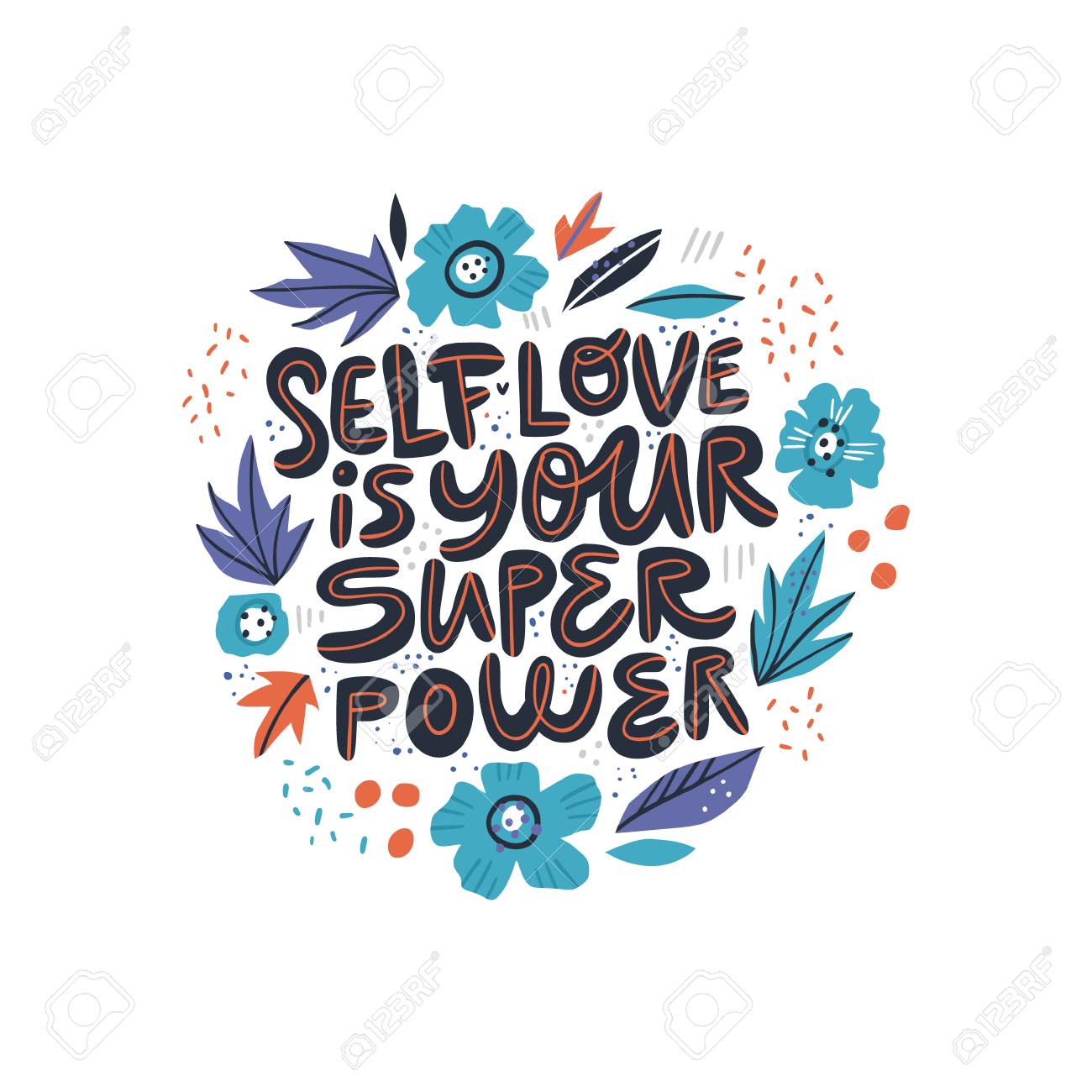
Our most important partner in our life is ‘me’ and we often spend more time in understanding others wherein we must focus on creating a positive relationship with ourselves.
Relationship with myself
We all have a specific explanatory style, which decided how we view the world around us which includes day to today situation, relationships, definitions of life like success, failure, happiness etc.
In our growing up stage we often get conditioned by our parents, community, society, religion, and place where we reside. All these aspects condition ourselves and builds our value system. In this process we often take over the values which are being transferred by all of them\ and make our blue print of viewing the world.
Why values are important?
Values are set of guidelines which help us to scan the situation, relation, events and life journey. For instance it is the value system which decides whether ‘I am a successful person or a failure’ or whether ‘the event in my life is positive or negative.’
Self image and self criticism
The three elements of a person’s self-image are:
- The way a person perceives or thinks of him/herself.
- The way a person interprets others’ perceptions (or what he thinks others think) of him/herself.
- The way a person would like to be (his ideal self).
However the common problem we all face is Self-criticism. The optimum level of self criticism helps us to improve our areas of improvement but we often fail to control the level and it slowly absorbs us silently.
It’s a problem which should never be overlooked because the way we talk to ourselves play a vital role in well-being. The problem of the self-critic is fixable and needs to replace by Self Love.
Research supporting Self love in Positive Psychology
Researchers Ed Diener and Martin Seligman (2002) conducted a study of both happy and unhappy people to determine what factors set them apart. It turned out that happy people didn’t necessarily exercise more, participate more often in religious activities, or experience more (subjectively) positive life events. The difference between the groups was that happier people had better social relationships.
If you don’t love yourself, you cannot love others. You will not be able to love others. If you have no compassion for yourself then you are not able of developing compassion for others. The Dalai Lama
Definition of self-compassion in Buddhism is ‘offering patience, kindness, and nonjudgmental understanding to others as well as oneself’. It is contrary and not equivalent to selfishness.
Make peace with our inner critic
So the biggest question is how we turn our inner critic inti and supportive narrative? Traditional cognitive skills training have been found rather ineffective in this area.
Positive Psychology coaching in self Love and Compassion
Everybody deserves self love and situations and events which do not happen as per your expectation, we only need to pause and reassess.
Be mindful of the difficult emotions that a rise. There could be events in our life where we need to forgive ourselves and recognize that we can commit mistake.
With growth mindset we redesign ourselves to identify various options of doing differently. Use gratefulness as the opportunity to increase the positive ratio and coping with difficult event ion life.
Finally, accept ourselves that we are not perfect. However there is always scope to be better. We must focus on the areas where we performed fine and that’s more than enough.
Coaching Package
Rediscover your Purpose: to Practice Self-Compassion
The coaching session is complimented with scientific studies, self assessment and positive intervention to have self compassion for better well being.
• Step 1: Practice Forgiveness
• Step 2: Employ a Growth Mindset
• Step 3: Express Gratitude
• Step 4: Find the Right Level of Generosity
• Step 5: Be Mindful
Connect with @ 9818105631 to take coaching session for well being.
Reference: Positive Psychology research of Martin Seligman @ Pen University,U. S.A.